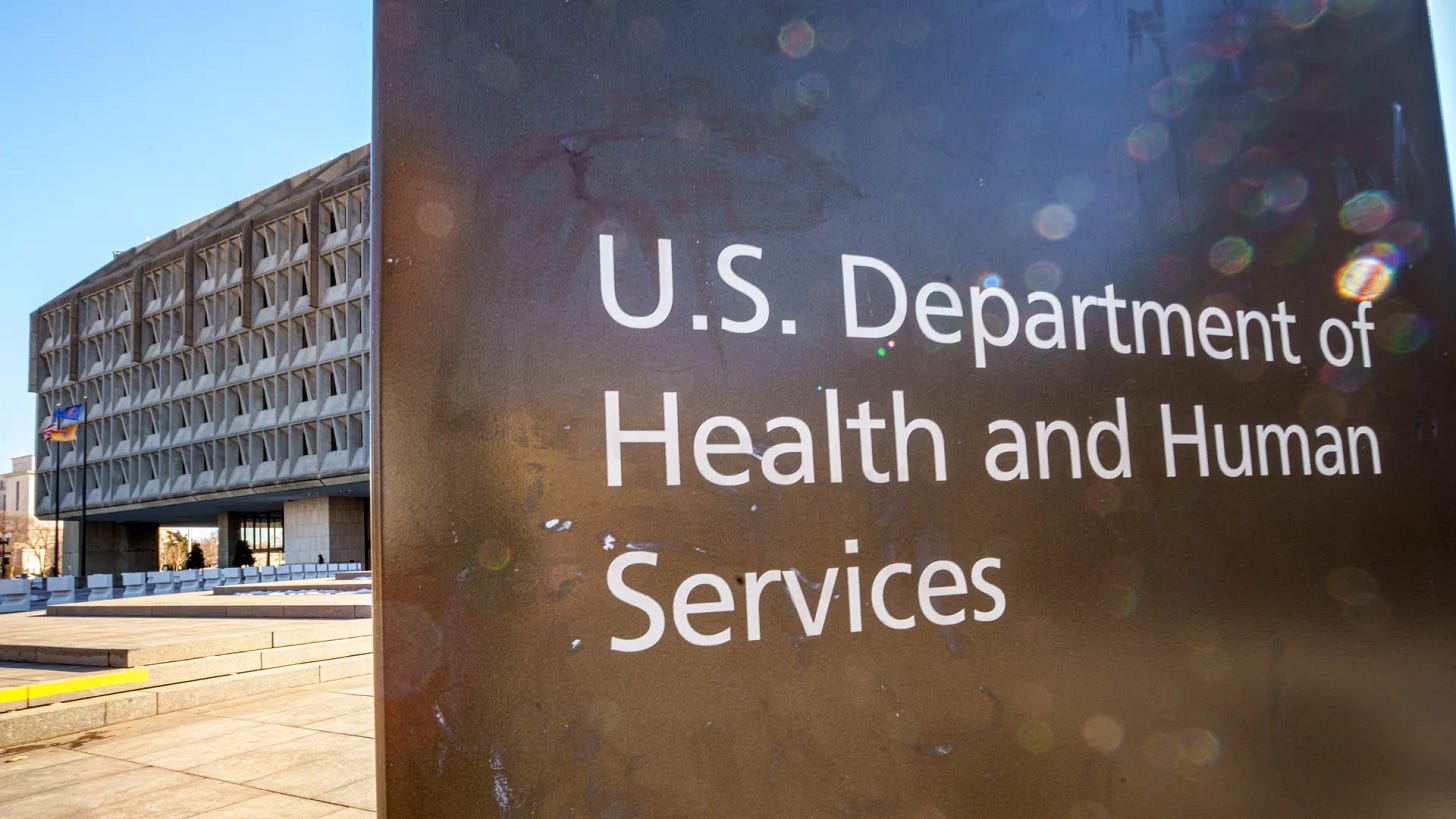By Jennifer Galardi, Special to The Kennedy Beacon
In his first address to federal health agency workers at the Department of Health and Human Services (HHS) yesterday, newly minted secretary Robert F. Kennedy Jr. reminded everyone of his central mission: to reverse the chronic disease epidemic in America.
“How are we going to do that?” Kennedy asked. “It isn’t by replacing one paradigm with another by force.” He said the best way forward is not to impose “my belief over any of yours” but to work together “to launch a new era of radical transparency.”
He continued, “Only through radical transparency can we provide Americans with genuine informed content, which is the bedrock and the foundation stone of democracy. Transparency allows diverse parties to establish common ground of mutually trusted information.”
Kennedy later called for staff to put aside any preconceived conceptions about who he has been portrayed to be, mostly by the mainstream media and those who worked to deny him his position at HHS. He promised to “convene representatives of all viewpoints to study the causes for the drastic rise in chronic disease.”
Kennedy also said “nothing would be off limits” in his pursuit to reduce the chronic disease epidemic. As head of HHS, Kennedy now overseas 13 agencies and an estimated budget of $1.7 trillion.
According to the Centers for Disease Control and Prevention (CDC), one of those 13 agencies, a chronic disease is defined as “conditions that last one year or more and require ongoing medical attention or limit activities of daily living or both,” and comprises approximately 90% of all health care costs in America. Kennedy noted that when his uncle was president, “it was zero.” He continued, “It’s threatening to sink our country.”
The new Secretary of HHS said he would be investigating topics that were previously labeled “taboo” or were “insufficiently scrutinized,” including childhood vaccine schedules, electromagnetic radiation, glyphosate and other pesticides, ultra processed foods, artificial food additives, SSRIS and other psychiatric drugs, PFA and PFOA’s (also known as the “forever chemicals” because of their prevalence in the environment and our bodies), and microplastics.
While many have used Kennedy’s ideas on these issues to portray him as a “conspiracy theorist” or “vaccine denier,” they are the very concerns that motivated hundreds of thousands of people to support his presidential candidacy, and then buttressed his confirmation to become the head of HHS.
In an attempt to reassure employees, Kennedy said he was “willing to be wrong” about some of his more unpopular opinions, including those around vaccinations. As he said during his confirmation hearings and in many interviews, Kennedy emphasized his desire to champion “unbiased science” at agencies such as the CDC, National Institutes of Health (NIH), and Food and Drug Administration (FDA), which he called “inefficient, dysfunctional, or corrupt.” By doing so, he said, America’s trust in its health institutions would be restored.
“Employees will be proud … of our role in restoring American health,” Kennedy stated, and expressed reverence for the scientists working at HHS. “I still believe that most of you here are not here for the money. I trust the idealism of most of the people that work at HHS,” he said. He blamed the systems, not the people in it, for its errant ways.
Towards the end of his remarks, Kennedy spoke of the need to restore a sense of community, family and a common feeling of Americanism amid what he called the “atomization” of the country. He described this atomization as a process that has caused young people to become isolated from their fellow citizens.
Kennedy said that the spiritual and mental health problems of the nation must be urgently rectified as part of his broad vision for creating a healthier, happier and freer society.
He has also vowed to rid the 13 U.S. agencies under his watch of corruption.
According to reporting by the AP, many employees at the NIH, including Anthony Fauci, have received millions of dollars in royalties from drug companies. These types of payments have sowed doubt within health agencies and raised concerns about conflicts of interests in scientific health research.
Kennedy implored his new team to de-politicize health concerns and “re-establish a common ground for action and renew the search for existential truths with no political impediments and no preconceptions.”
Some serious reshuffling is already taking place at HHS. The Trump administration and Elon Musk’s DOGE are targeting thousands of the more than 80,000 federal health care jobs at HHS, focusing on employees hired within the past one to two years. Specifically, about 5,200 probationary employees are set to be fired, including roughly 1,300 at the CDC and an unspecified number at the NIH. These layoffs are part of broader workforce cuts across government agencies aimed at restructuring and streamlining operations.
Trump’s Executive Office sent out a memorandum yesterday evening that directed “the heads of executive departments and agencies to take all appropriate actions to make public … the complete details of every terminated program, cancelled contract, terminated grant, or any other discontinued obligation of Federal funds.”
In addition to the probationary employees, some senior leaders already left key positions upon Kennedy’s confirmation. Top NIH officials Larry Tabak, who admitted agency funded gain-of-function research in China, and Michael Lauer, both resigned, while Patrizia Cavazzoni, the top drug regulator at the FDA, left in January.






I wish Bobby unlimited success as head of HHS. The health of America will be the gauge of his success.
I love the things he said. Thank you for this good report!